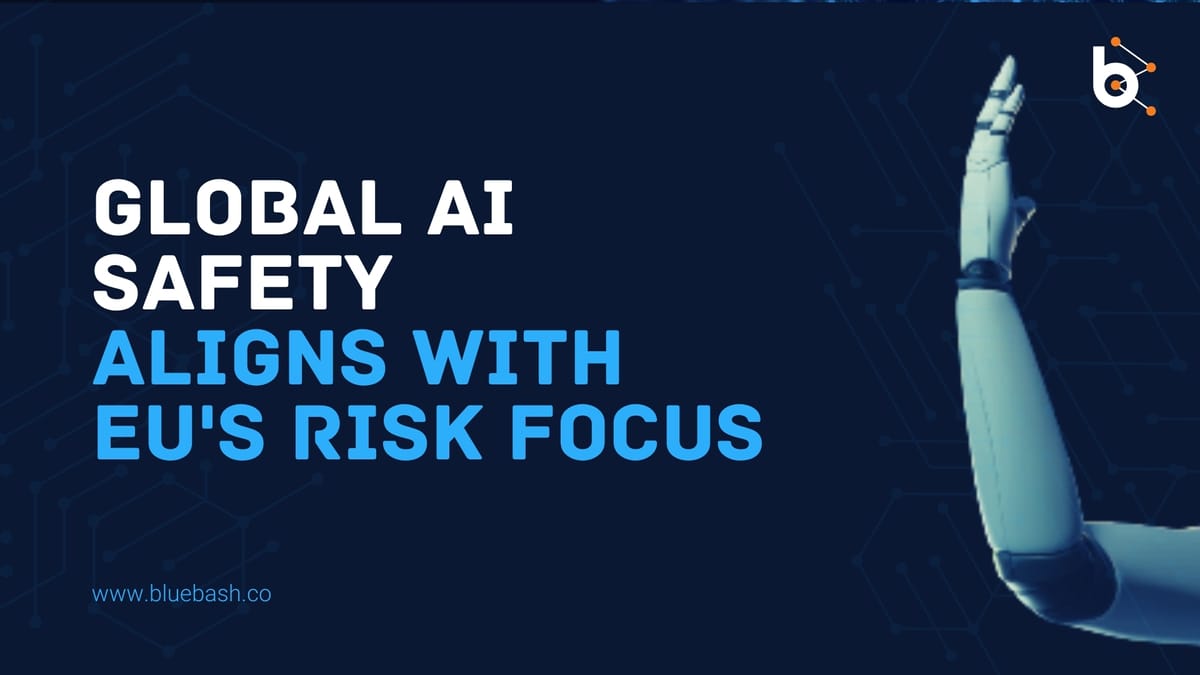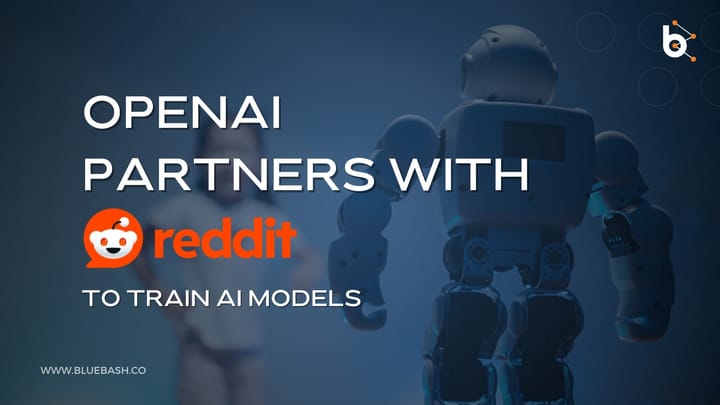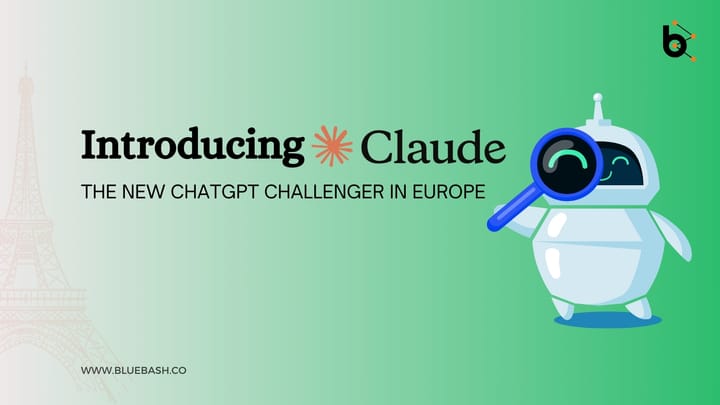New Global AI Safety Agreements Reflect EU’s Risk-Based Approach

It’s been a big week for AI policy. The EU has finalized its AI Act, and in Seoul, South Korea, 16 top companies signed the “Frontier AI Safety Commitments.” Additionally, several countries agreed to collaborate on managing AI risks.
A Year of AI Awareness
In the past year, AI has moved from a background technology to a hot topic. The launch of ChatGPT in late 2022 brought AI into everyday conversations and political discussions. Suddenly, the idea of a future dominated by machines went from science fiction to a possible reality. Many researchers and AI company CEOs have voiced concerns, even signing petitions to slow down AI development until proper safeguards are in place.
Despite these concerns, tech companies continue to rapidly develop and release new AI products.
Addressing AI Risks
AI poses several risks beyond just a hopeless future. There are immediate dangers like bias, surveillance, and misinformation. Policymakers are trying to figure out how to control these risks, even though AI development is moving fast.
At the AI Seoul Summit in South Korea, various countries signed an agreement to set thresholds for severe AI risks, including the creation of biological and chemical weapons. The European signatories include Germany, France, Italy, Spain, Switzerland, the UK, Turkey, the Netherlands, and the EU as a whole.
This agreement came after the “Frontier AI Safety Commitments,” signed by 16 major AI companies and organizations. These companies, including the French startup Mistral AI, committed to identifying, assessing, and managing risks throughout the AI lifecycle voluntarily. They plan to set risk thresholds, implement mitigations, and establish processes for handling risks that exceed these thresholds.
The Need for Faster AI Regulation
The AI Seoul Summit took place more than six months after the AI Safety Summit in the UK. The next meeting, the AI Action Summit, will be held in Paris in February 2025. The shift from “safety” to “action” reflects President Macron’s ambition to make Paris a leading city in AI.
“AI’s complexities must be addressed through regulation and global collaboration to ensure it’s rolled out safely and responsibly,” said Mark Rodseth, VP of Technology, EMEA at CI&T. “We need faster regulatory cycles to keep up with AI advancements, which will be challenging for consensus-driven bodies like the EU.”
Despite this challenge, EU ministers signed the landmark AI Act, which will take effect next month. Maria Koskinen, AI Policy Manager at Finnish AI governance startup Saidot, noted that while the Frontier AI Safety Commitments allow organizations to set their own risk thresholds, the need to share how they categorize and mitigate these risks indicates a learning process from the EU AI Act’s approach.

Source - The Next Web (TNW)



